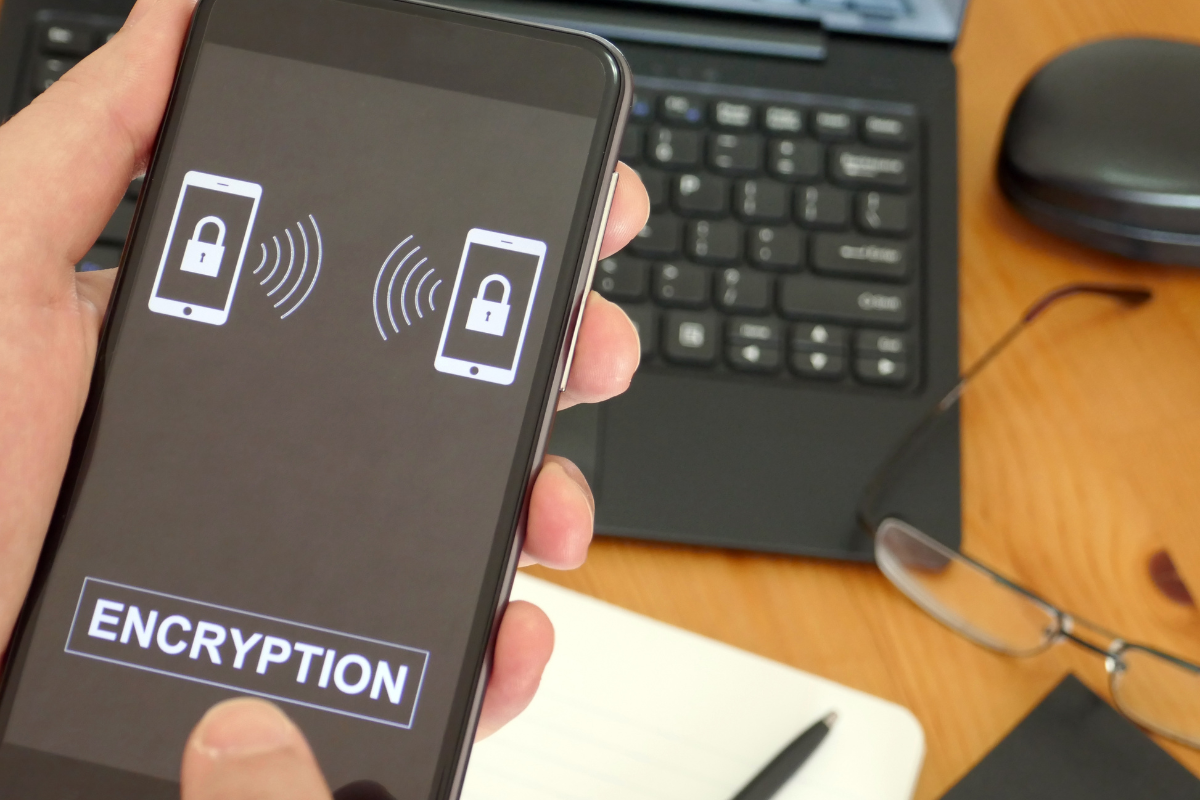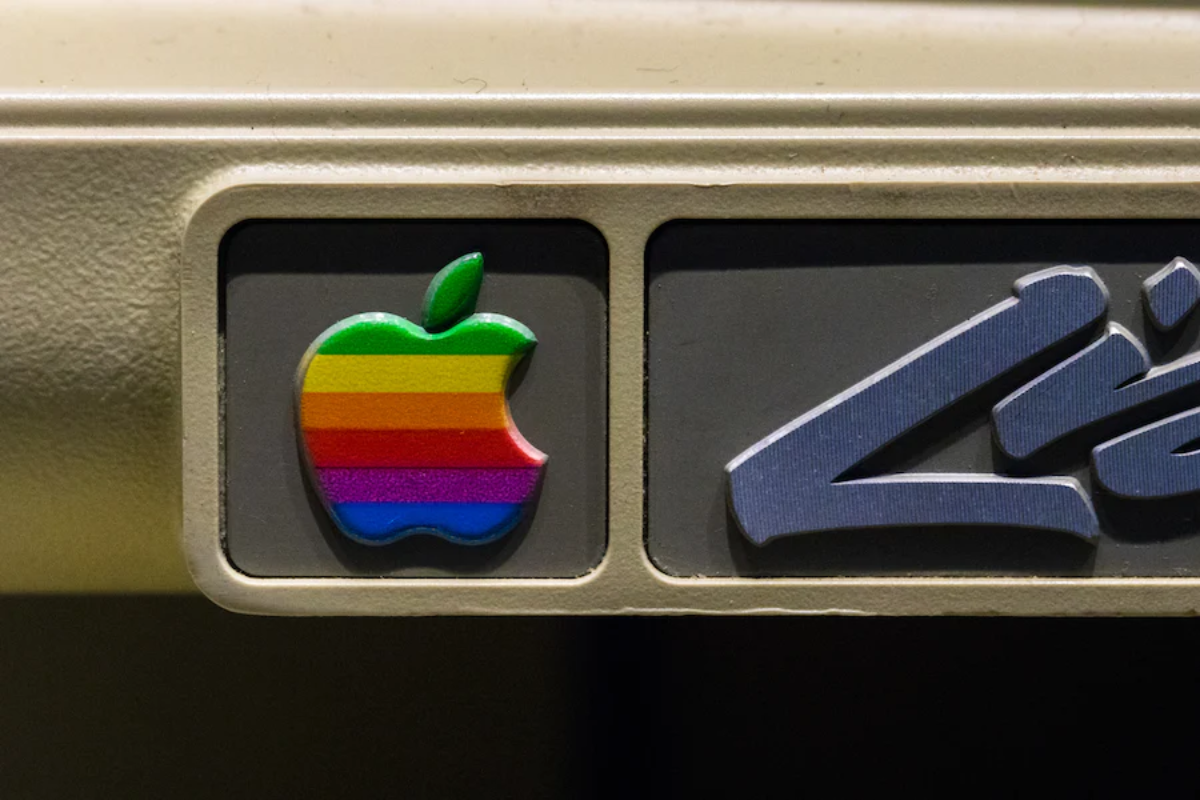Apple has long-since represented a major advocate for user privacy. While it has received its fair share of criticism over the years for forming too much of an ‘ecosystem’ in which key data swirls around and around, out of the hands of those who need it.
Law enforcement, criminal investigations, and national security have all been put forth as arguments against Apple’s stance on user privacy.
One of the key elements that enables Apple to remain so firm to its ideals is encryption.
Put simply, encryption means converting user data into code that cannot be used or exploited by third parties.
It’s a delicate balancing act. Users deserve for their right to privacy and security to be made a priority, but an overabundance of privacy can have some detrimental effects down the line. For every Apple advocate, there’s a critic – for every positive, a negative.
But Apple has remained true to its convictions for many, many years now – and 2023 is no exception.
A new report commissioned by Apple has only served to reinforce their stance on encryption and watertight user privacy.
Table of Contents
ToggleWhat Did The Report Look At?
The report was conducted by Professor Stuart Madnick of the University of Massachusetts Institute of Technology.

Titled The Continued Threat to Personal Data: Key Factors Behind the 2023 Increase, it was intended to survey the data landscape as it is in 2023 – and, in particular, how affected businesses across the US are by data breaches.
The report found that, this year, data breaches were 20% more frequent than they were in 2022.
It also looked at historic cases, and found that in the nine years between 2013 and 2022, the rate at which data breaches were occurring tripled.
There are resources out there to protect us; Incogni, for instance, offers comprehensive guides on removing data and reducing one’s digital footprint. Still, many unsuspecting people are at constant risk.
Also worryingly, 98% of organizations are in some way connected to vendors that have been affected by a recent data breach.
These events are not in the minority – in fact, having no relation whatsoever to a data breach is almost unheard of.
How Does This All Relate To Apple’s Stance On Encryption?
Apple reported that more and more companies are choosing to address the threat of a data breach with their tried-and-true practice: end-to-end encryption.
What represents one of the more controversial strings to Apple’s bow is now showing itself to be one of the strongest weapons against data theft.
One thing is glaringly obvious in the wake of this new report: the need for change is widespread and urgent.
The past two years have seen more than 2.6 billion records compromised. At the very best, this means millions of users exploited for data they entrusted to companies that seemed credible.
At worst, this means millions of people at risk of further exploitation in the form of identity theft and financial fraud.
It can and does happen, and it can devastate businesses in the process.

Is Encryption The Way Forward?
In all likelihood, encryption will be fundamental to any tenable plan for better data protection in the future.
It’s a relatively simple, cost-effective solution that can be implemented by SMEs and large scale enterprises alike, but doing so inevitably means ‘facing the music’ that Apple has been marching to for years.
And encryption isn’t a walk in the park. It takes personnel, time, and money to transform a company’s digital infrastructure, and even then, it’s not foolproof.
Storing information in The Cloud appears to be a simple way of encrypting information, but even the leading SaaS providers recommend the data holder encrypts the data themselves first.
But encryption forms the basis of blockchain technology, and blockchain will represent the very heart of Web3 – a new iteration of the web that promises to do away with the data monopoly altogether, and put ownership back into the hands of the people from which it’s currently being taken.
In that sense, yes, encryption really is the way forward. Apple’s position on defending its will doubtless prove to be a continuing reason behind their success into the future, even as Web3 continues its steady rollout from theory to reality.
Will those same principles also continue to represent a mark against them? In all likelihood, yes.
Web3 is riddled with plenty of concerns about its ramifications for law enforcement, and the pitfalls of encryption won’t go away overnight just because of Apple’s latest report.











